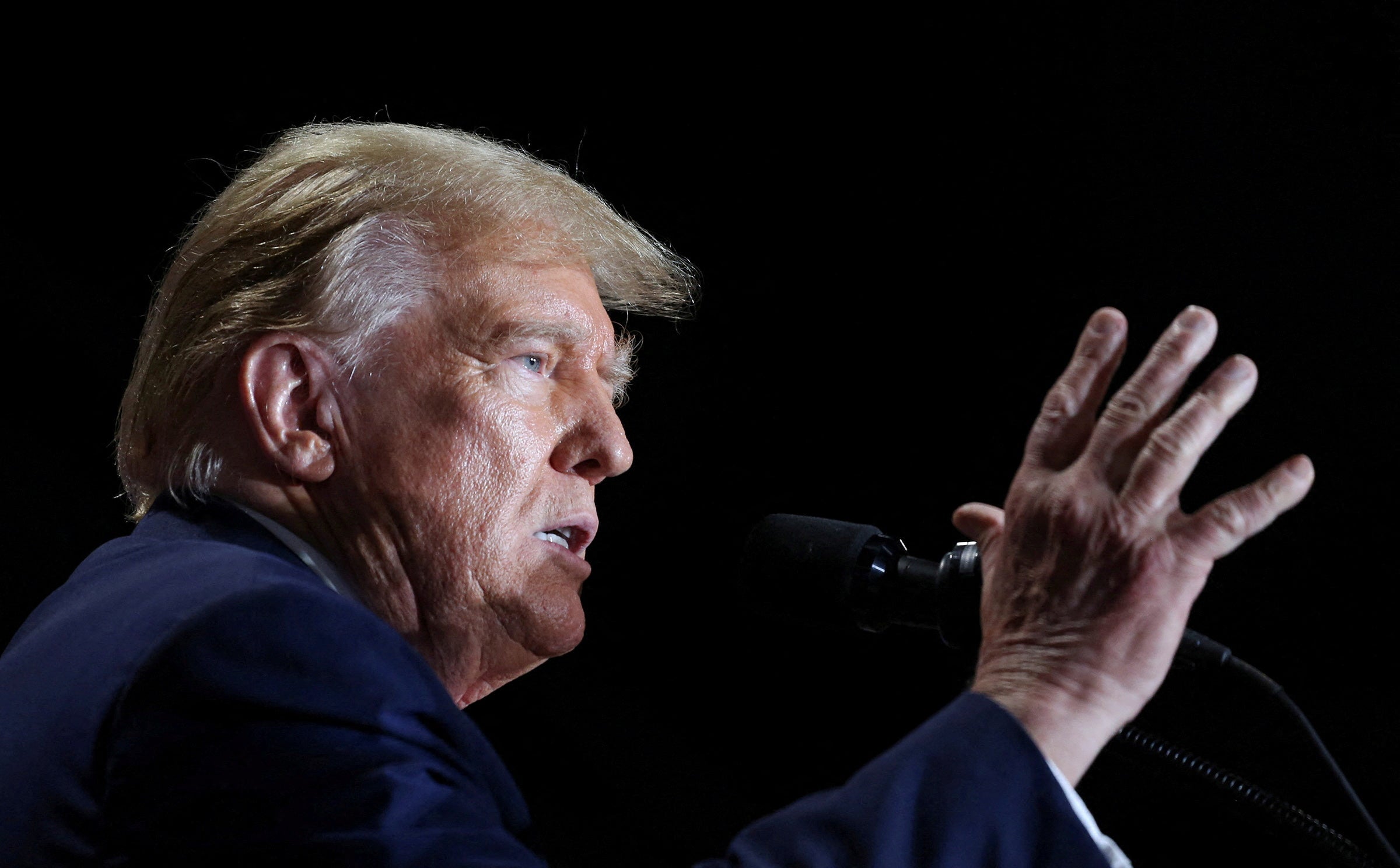Trump administration was ‘awash with speed’ and prescription drugs, says report
Drugs including Ambien and Provigil were dished out without verifying the identities of patients, according to a report from the Defense Department’s (DoD) inspector general
During the presidency of Donald Trump the White House Medical Unit operated “like the Wild West”, with controlled substances dished out to administration staff with a serious lack of oversight, according to a report.
Drugs including Ambien and Provigil – which are used to treat excessive sleepiness – were dished out without verifying the identities of patients, states the report from the Defense Department’s (DoD) inspector general.
Staff members reportedly told Rolling Stone that the White House was “awash with speed”, with prescription medication used by those to deal with the uniquely stressful job of serving the Trump administration.

Stimulants were given to those engaging in tasks including the writing of Mr Trump’s speeches, working late hours on foreign policy, responding to Special Counsel Robert Mueller’s probe, and coping with the deluge of media inquiries, the outlet reported.
Details of the medical unit’s operations were included in the report, released by the DoD on 8 January. Among the findings was that many of the White House Medical Unit pharmaceutical management practices did not comply with federal and DoD guidance.
The report concluded that problems had occurred because the medical unit “did not consider their operations to be a pharmacy” and had relied on internal White House Medical Unit controls to ensure compliance with safety standards.

“We concluded that the White House Medical Unit’s internal controls were ineffective,” the report stated.
Among the issues cited was that the Medical Unit dispensed non‑emergency controlled medications, such as Ambien and Provigil, without verifying the patient’s identity. The unit also left over‑the‑counter medications in open bins for patient retrieval and use.
“It was kind of like the Wild West. Things were pretty loose. Whatever someone needs, we were going to fill this,” an unnamed source with direct knowledge of the matter told Rolling Stone.
In addition, the unit requested brand-name drugs rather than generic equivalents – costing thousands of dollars. According to the report – over a 3‑year period, the White House Medical Unit spent an estimated $46,500 for brand name Ambien, which is 174 times more expensive than the generic equivalent.
Over the same period, the White House Medical Unit also spent an estimated $98,000 for the brand name Provigil, which is 55 times more expensive than the generic equivalent.
Though the report does not specifically mention it, other sources told Rolling Stone that Xanax – another type of anti-anxiety medication – was widely used by staffers.
The Independent has reached out to the Trump campaign for comment.
Join our commenting forum
Join thought-provoking conversations, follow other Independent readers and see their replies
Comments
Bookmark popover
Removed from bookmarks